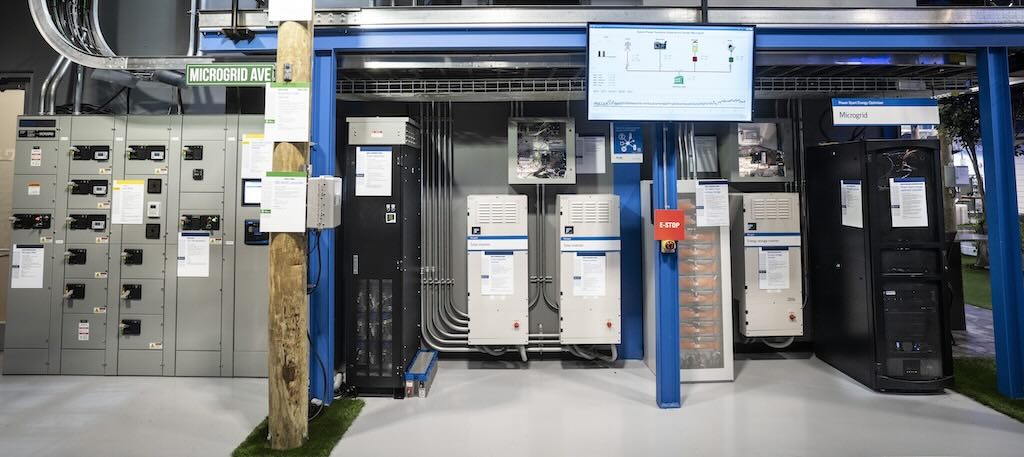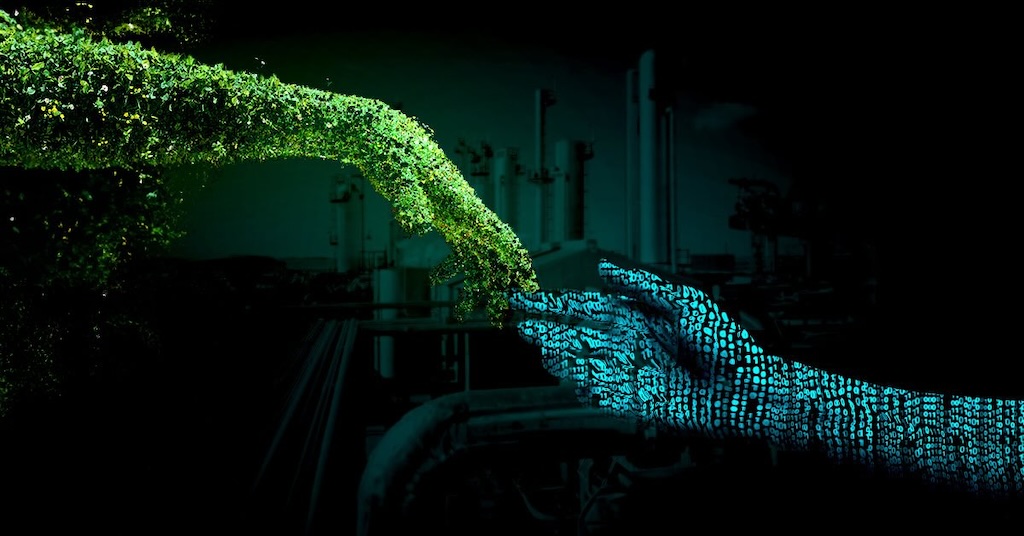More than ever, companies expect automation and sustainability working together to reduce downtime and keep manufacturing runs smoothly.

Sustainability insights
- Sustainability and automation, encapsulated in the term “Greenmation,” are paramount in the packaging and logistics industry. Companies are emphasizing efficient technologies and customer-centric approaches.
- Automation has become a central focus for manufacturers, integral to the circular economy. Customers recognize the necessity of investing in automation to meet demands efficiently and sustainably.
Pack Expo returned to Las Vegas and was full of interactive displays and demos highlights many advances in the packaging and logistics industries. Many of the advances displayed highlighted progress with the Internet of Things (IoT), smart manufacturing and artificial intelligence (AI). Manufacturers are trying to deliver products that go beyond their initial offerings because their customers need to resolve many problems at once.
Issues like the skills gap and high customer demand remain constant issues. They also are dealing with increased demand for sustainability and improved automation.
Ricky Low, director of product for R.A. Jones at the Coesia booth, said, “The two key themes for us are sustainability and automation and it’s driving a lot of what we’re seeing. Europe is very much ahead, but North America is starting to catch up.”
The theme at the booth was “Greenmation,” which sums up what many companies are trying to achieve quite well. At the Coesia booth, the efficiency comes from a combination of smarter technologies that reduce the overall footprint in a facility physically as well as emissions. Low said they are augmenting their approach by not just focusing on automation, but by working with their customers and addressing their individual needs.

“By focusing on that,” he said, “we’re able to get ahead of the curve.”
Their Intelligent Flexible Transfer System (iFTS) was prominently featured during the tour and it is designed to solve product handling and correlation challenges. Features include six-dimensional floating shuttle transfers, ability to collect, group, orientate and layer product for downstream packaging.
Orbis focused on another aspect of being green with their pallets. Many pallets are made of wood and have a much shorter shelf life. The company is developing pallets made of polyethylene that can be used for 400 trips instead of 11, which is what a regular pallet made of wood can withstand.
“We’re looking at creating consistent production,” said James Riegleman, a product manager at Orbis. “Having stronger pallets reduces injury risk and there are many other safety implications.”
He added they’re also trying to recycle the pallets when they do break down so they can be reused and rebuilt into new ones rather than having to keep making new ones over and over again. He said this approach has had a positive impact with customers.
“Sustainability focus is a major factor whether it’s legislative or competition doing it,” he said. “We’re getting ahead of that and trying to help our customers hit those numbers. We understand where sustainability comes for our customers.”
Reducing downtime and improving connectivity
Sometimes, it’s the small technology gains that can make a world of difference. At the Busch Vacuum Solutions booth, they demonstrated a dry vacuum pump that is designed to operate 8500 hours between maintenance and can even take a little bit of water without causing a shutdown, which is a major challenge for food and beverage facilities. The water is dispelled through a separate tube and can continue without skipping a beat, said Peter Kardon, key accounts manager for Busch Vacuum Group.
Jeff Bremer, a regional sales manager for ELGi Compressors, said they’re working on making sure connectivity is strong with their oil-free compressors.
“We want to make sure management has the controls and can remote monitor as needed so they can be as efficient as possible.”
Benefits of improving automation, sustainability
Riegleman said the automation issue has increased in terms of emphasis and it’s becoming a major focal point.
“It’s part of the circular economy,” he said, noting companies have come around to automation as a whole. “The last couple years, our customers understand the investment has to happen.”
Tommy Primrose III, corporate accounts development management and industry initiatives leader at Motion, said it’s about building a relationship and narrative with the people around them. “Specialists are so important because they have the ability to reach out and impact the people with whom they work. Being able to consult and work with the vendor base is critical.”
Sustainability and automation—perhaps it’s greenmation and perhaps it’s something else—are top of mind for many manufacturers. That seems unlikely to change between the government and industry initiatives and the desire from their own customers to cut down on the bottom line. Every second and every dollar counts more than ever and manufacturers are working to ensure they meet these expectations.
Chris Vavra, web content manager, CFE Media and Technology, [email protected].



